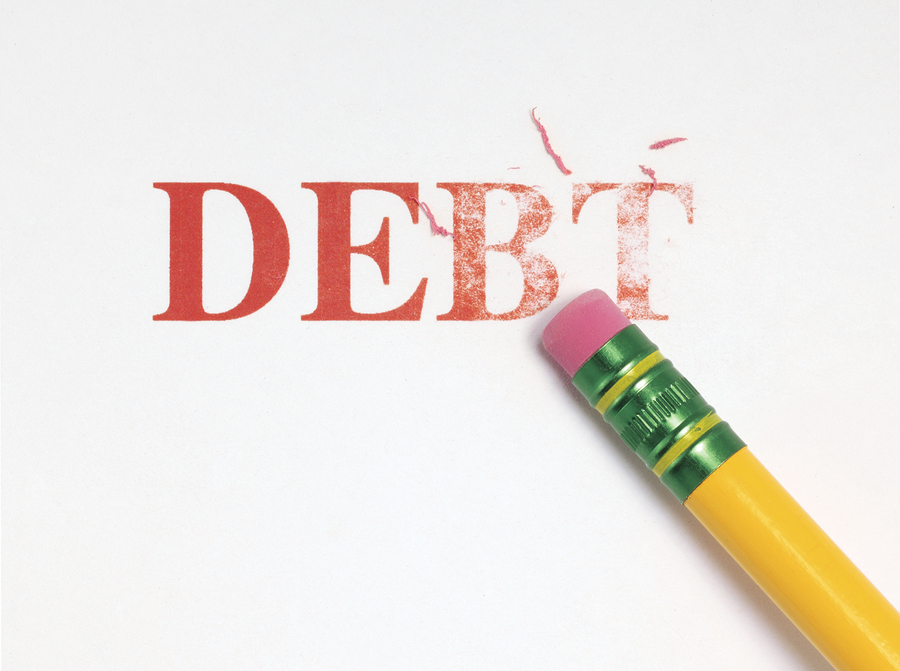Reasons Why a Bankruptcy Case Might Be Dismissed
Bankruptcy is somewhat notorious for involving a complicated and sometimes lengthy legal process. While the numerous benefits of a completing a case and receiving a discharge far outweigh the time and effort involved, the complexity of the process also means there are many opportunities for debtors to make mistakes which could lead to an involuntary dismissal of the case. Because dismissal means you’re still responsible for your debts, people who plan on filing for bankruptcy are urged to take precautions to avoid having their cases dismissed. Of course, you can’t avoid a hazard if you don’t know where the potential problems and pitfalls lie. Toward that end, our Bucks County bankruptcy lawyers have compiled this list of some common reasons why a Chapter 7 or Chapter 13 bankruptcy case could be dismissed.
Negative Consequences of Chapter 7 or Chapter 13 Dismissals
In criminal cases, the words “case dismissed” are usually good news. But when it comes to bankruptcy, those are two words you never want to hear (unless you are voluntarily seeking a dismissal because your situation has changed, which is another matter altogether).
Where bankruptcy is concerned, the desired goal is not dismissal, but discharge. When a bankruptcy case is discharged, it means that the debtor is released from his or her obligations to repay dischargeable debts (such as medical bills and credit card bills).
When a case is dismissed, not only is the debtor back to square one with regard to debt repayment — he or she also loses the invaluable protection of the automatic stay. Without the automatic stay acting as a legal shield, the debtor’s creditors are again free to pursue repayment through a battery of debt collection strategies: wage garnishment, vehicle repossession, property liens, bank account levies, and even home foreclosure.
In essence, involuntary dismissal is a double financial blow, simultaneously stranding debtors with their debts while also removing protection against creditors. If a case is dismissed with prejudice, the consequences are even worse, because that means the debtor will be prohibited from filing again until a certain period of time has passed. Moreover, if the debtor does refile for bankruptcy in the future, he or she might not be able to discharge as many debts as he or she could have the first time around.

Common Reasons for Courts Dismissing a Bankruptcy Case
There are myriad reasons a bankruptcy case could be dismissed, some of which are less glaring than others. Let’s start with what’s arguably the most obvious basis for dismissal: deliberate, outright fraud.
Bankruptcy involves a large amount of paperwork. Debtors must report and itemize numerous aspects of their finances, including their income, their expenses, and all the creditors to whom they owe money. If a debtor tries to fudge the numbers, or conveniently leaves a debt or a creditor off the paperwork, not only can the case be dismissed — the debtor can also be criminally charged.
Unfortunately, even well-intentioned debtors who do their best to comply with the law still have plenty of opportunities to run into trouble. For example, the case could be dismissed if the debtor fails to satisfy the credit counseling requirement built into bankruptcy by federal law. This requirement stipulates that all would-be bankruptcy petitioners must first receive credit counseling — which must come from a DOJ-approved credit counseling agency — before they are allowed to file for Chapter 13 or Chapter 7. Do not ignore this requirement: it could cost you your case.
The case could also be dismissed if the debtor neglects to pay the court fees associated with filing. Some of these fees are tiny, like the $11 fee to have documents certified, while others are more significant: $310 to file a Chapter 13 petition and, counter-intuitively, $335 to file a Chapter 7 petition. Bankruptcy courts understand that debtors are struggling financially, and do offer waiver applications for certain fees.
Remember the paperwork we were discussing a little earlier? Even if you don’t commit fraud, your case could still be dismissed if you forget to submit a form by the deadline. To name just a few of the forms you’ll have to submit in addition to the actual bankruptcy petition, be sure not to forget about:
- Schedule A — Real Property
- Schedule B — Personal Property
- Schedule C — Property Claimed as Exempt
- Schedule D — Creditors Holding Secured Claims
- Schedule E — Creditors Holding Unsecured Priority Claims
- Schedule F — Creditors Holding Unsecured Nonpriority Claims
Yet other reasons a bankruptcy case could be dismissed include:
- Failure to comply with the repayment plan (in Chapter 13 cases).
- Failure to attend the Meeting of Creditors, also known as the 341 Meeting.
- Failing the Means Test, which is primarily designed to make sure that only debtors with the greatest extent of financial need file under Chapter 7.
Pennsylvania Bankruptcy Lawyers Offering Free Consultations
If you’re considering filing for bankruptcy in Pennsylvania or New Jersey, don’t go it alone: get trusted legal advice from a respected legal team with more than 20 years of experience filing over 5,000 cases. The Levittown bankruptcy attorneys of Young, Marr, Mallis & Associates handle Chapter 13 and Chapter 7 bankruptcy cases on behalf of New Jersey and Pennsylvania residents, and offer free initial consultations.
To learn more about how we can help guide and assist you through the bankruptcy filing process in a free and confidential legal consultation, call our law offices right away at (609) 755-3115 in New Jersey or (215) 701-6519 in Pennsylvania.






























